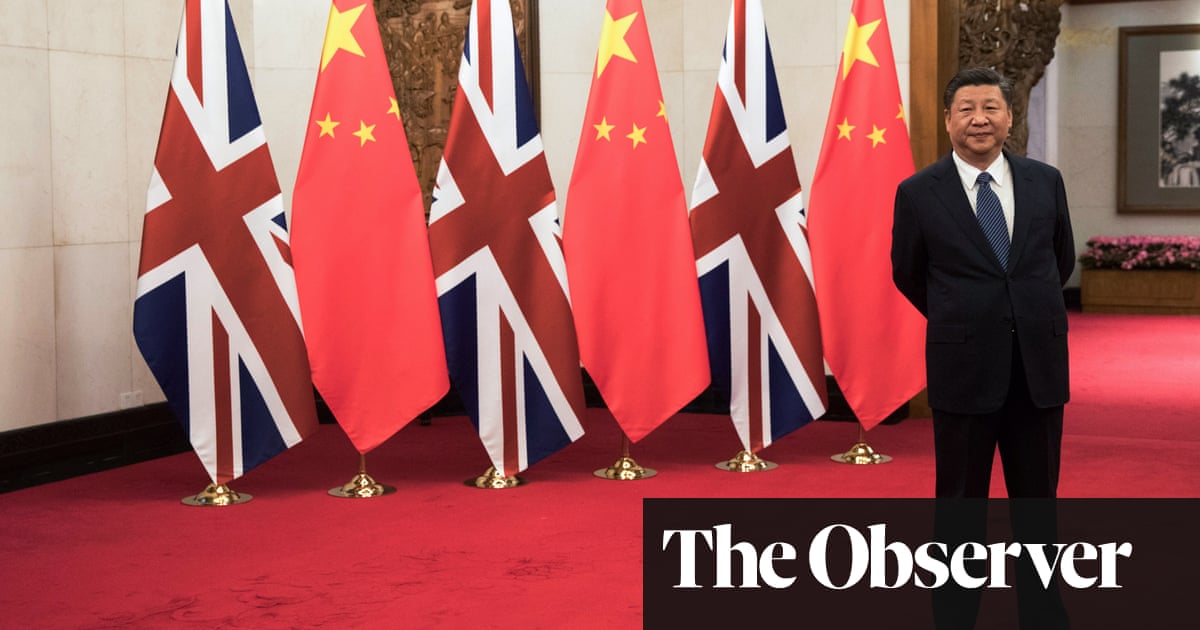
With the UK Parliament heading into another big week of Brexit votes, fears are growing in Brussels about the slow pace of exit negotiations with London; so much so that there is growing speculation within the EU 27 about whether the UK’s formal leaving date may be postponed from March 2019.
If the two sides fail to reach a deal and talks are not extended or if Article 50 is not revoked, many people presume Britain would crash out of the Brussels-based club without any transition period. This would leave it to move straight to trading on WTO terms, which could trigger a significant economic shock exacerbating the political one.
Yet Irish Prime Minister Leo Varadkar rightly highlighted last week that there are in fact “a number of different scenarios that could arise if we’re in a ‘no deal’ situation” by March, including the possibility of “extending Article 50 to allow more time for negotiations to take place.” Whether or not this ultimately proves necessary or possible, what recent events underline is that the process of the United Kingdom divorcing from the EU is proving significantly more difficult than many Brexiteers insisted before the referendum two years ago.
A central challenge is not just the difficult negotiations with Brussels, but also the lack of political consensus in the UK over Brexit. This will be illustrated again in Westminster next week when pro-European members of the House of Commons and House of Lords continue a battle with the government over how big a say Parliament will have in negotiations in coming months. MPs want a “meaningful” vote on any final agreement (which would allow it to reject any Brexit settlement with Brussels), but the government is trying to strike a compromise arrangement in which it would merely be consulted.
While much attention is therefore now focused on the Article 50 talks, there have also been media reports in recent weeks that Prime Minister Theresa May will ask the EU for an additional number of years of Brexit transition post-March as her government struggles to come up with a proposal for arrangements that would avoid a hard border in Ireland. Under the transition deal agreed in March, the UK is already set for a potential 20-month transition period from March.
A central challenge Britain faces in its divorce with the EU is not just the difficult negotiations with Brussels, but also the lack of political consensus in the UK.
Andrew Hammond
Yet that agreement will come into effect only if London and Brussels resolve all divorce matters before March, and it thus papers over key disagreements between the two sides, “kicking the can down the road” for what are now very difficult final settlement negotiations in coming weeks. These talks are proving so difficult, in fact, that there appears to have been little to no progress between London and Brussels since the breakthrough in March.
Talks continue to break down on the issue of the Ireland border and how to avoid controls reappearing after the UK leaves the EU. Brussels had hoped to resolve the issue, in some way, by the European Council Summit this month, but this is now fanciful.
Moreover, the less than two-year transition provisionally agreed from March may — in practice — also not be nearly long enough. It could be insufficient not just because of the need to prepare and implement new systems such as migration and customs, but also because any final, complex Brexit settlement may not be ratified (and may not even be concluded) by all the national parliaments and assemblies by end-2020 when the currently planned transition ends.
Some European politicians such as Irish Foreign Minister Simon Coveney, Varadkar’s close colleague, have therefore proposed a five-year transition period from March 2019. Yet neither London nor Brussels are prepared to talk openly about this possibility, for now at least.
Part of the reason for these political cloaks and daggers is that the EU 27 have yet to agree on any budgets from 2021 onward. This explains why the transition length proposed in negotiations by Brussels would be until end-2020, coinciding with the end of the current EU budget, which the UK signed up to before the 2016 Brexit referendum. EU negotiators are well aware that any talks over a transition lasting beyond this point, right now, would be shrouded in additional uncertainty.
The reluctance of Brussels to highlight this dovetails with May not wanting to raise a longer transition now either as many Brexiteers are opposed to making significant, ongoing payments to the EU regardless of the benefits that might be secured. Besides which, she is simply too politically weak to face these hard-liners in her party down on this issue in the way she might have been able to do if she had won last June"s election with a handsome majority.
But kicking this transition-length issue down the line could ultimately cause even bigger headaches, even threatening any final Brexit settlement. This is because it may mean any transition period that finishes at the end of 2020 would need to be extended, which could be politically difficult for London and toxic in Brussels too.
• Andrew Hammond is an Associate at LSE IDEAS at the London School of Economics












